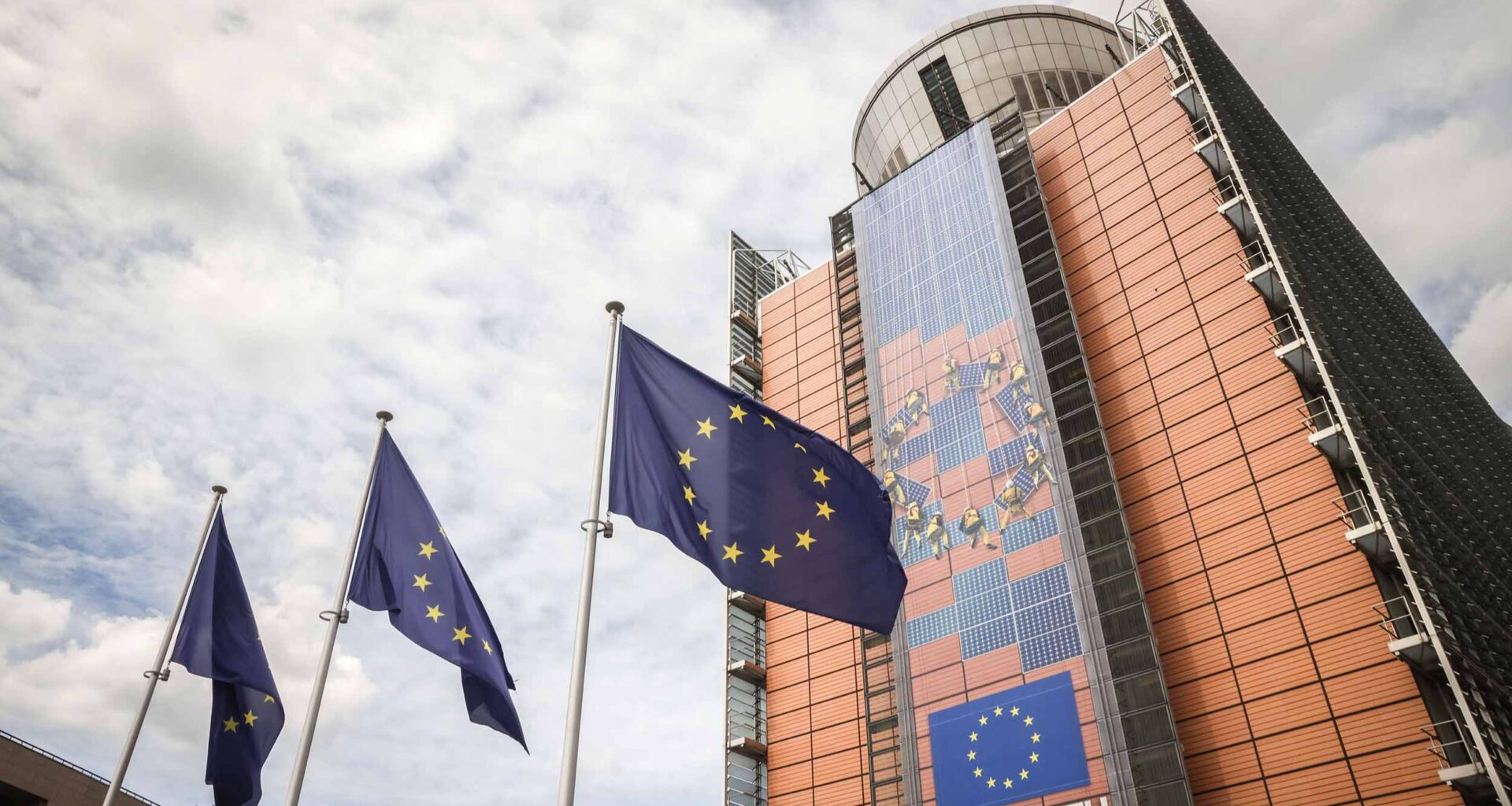The group of non-profits accuse the European Commission of failing to carry out proper consultations, or environmental and social impact assessments
At a glance
-
Seven non-governmental organisations have lodged a formal complaint with the European Ombudsman against the European Commission’s omnibus proposal on the EU Corporate Sustainability Reporting Directive, the Corporate Sustainability Due Diligence Directive and the EU Taxonomy Regulation
-
The NGOs say the proposal is rushed, not based on any proper public consultation or evidence of environmental and social impact assessments, and is primarily focused on narrow industry interests
-
ClientEarth hopes the outcome will improve future decision making by the commission, including upcoming omnibus proposals on other legislation
A coalition of seven non-governmental organisations has lodged a formal complaint with the European Ombudsman, accusing the European Commission of developing proposals to “simplify” EU sustainability reporting and due diligence rules in an “undemocratic, untransparent and rushed way”.
The omnibus proposal is aimed at changing the EU Corporate Sustainability Reporting Directive, the Corporate Sustainability Due Diligence Directive and the EU’s taxonomy regulation. The non-profits say the process leading to the proposal was “deeply flawed, enabling a small group of industry interests to take control and push for the deregulation of key sustainability laws”.
The European Ombudsman has a mandate to investigate complaints about maladministration by EU institutions. The NGOs bringing the complaint are ClientEarth, Anti-Slavery International, the Clean Clothes Campaign, the European Coalition for Corporate Justice, Friends of the Earth Europe, Global Witness, Notre Affaire à Tous, and Transport & Environment.
They say they are “contesting the commission’s rushed dismantling of three key pillars of the Green Deal — including laws meant to improve the environmental and human impacts of global trade”.
“The omnibus proposal was made without any public consultation, sidelining civil society, with a lack of evidence or environmental and social impact assessments, and with a primary focus on narrow industry interests,” state the NGOs.
“This reckless move not only weakens sustainability rules but also damages public trust in the EU’s democratic foundations.”
More specifically, the NGOs accuse the commission of:
-
failing to gather evidence properly and assess the environmental and social impacts of amending corporate laws designed to protect citizens in the EU and beyond;
-
sidestepping broad consultations and favouring closed-door meetings dominated by oil and gas industry interests;
-
failing to assess whether its proposal aligns with the EU’s climate-neutrality target, in breach of its obligations under the European Climate Law.
While the commission has claimed the omnibus is in response to the Draghi competitiveness report and is aimed at boosting the EU economy, the NGOs suggest it could have the opposite effect.
“This so-called simplification does nothing to enhance competitiveness; the European Commission is ignoring both evidence and science,” say the non-profits. “Strong sustainability laws like the CSDDD and CSRD are key to the EU’s competitive advantage in a global market where consumers and investors increasingly demand responsible corporate action.”
Influencing the future
A commission spokesperson told Sustainable Views that when the omnibus was launched it was “a key pillar in our mission to build a more agile and competitive EU. It is designed to cut through complexity, fostering a seamless environment where businesses can flourish and our economies grow stronger”.
They added: “Our aim is to simplify our legislative framework without compromising on our core values of sustainability and social fairness, ensuring Europe remains a powerhouse of innovation and opportunity on the global stage.”
This so-called simplification does nothing to enhance competitiveness; the commission is ignoring both evidence and science. Strong sustainability laws like the CSDDD and CSRD are key to the EU’s competitive advantage in a global market where consumers and investors increasingly demand responsible corporate action
The spokesperson also insisted that the EU Green Deal “retains its name and continues as our growth strategy to transform Europe into a modern, resource-efficient and competitive economy with no net emissions of greenhouse gases by 2050”.
The EU executive plans to launch similar omnibus proposals for other pieces of legislation. Its 2025 work programme includes an omnibus package on small mid-caps and the removal of paper requirements and simplification plans for the Sustainable Finance Disclosure Regulation later this year.
In a press briefing, ClientEarth lawyer Amandine Van Den Berghe said she had a “strong feeling” the complaint would generate an enquiry by the ombudsman. This would enable it to question the commission and request access to documents, such as those from closed-door meetings with various industry and business groups in February.
She was also hopeful the outcome of the complaint could influence the procedure behind future proposals from the commission.
